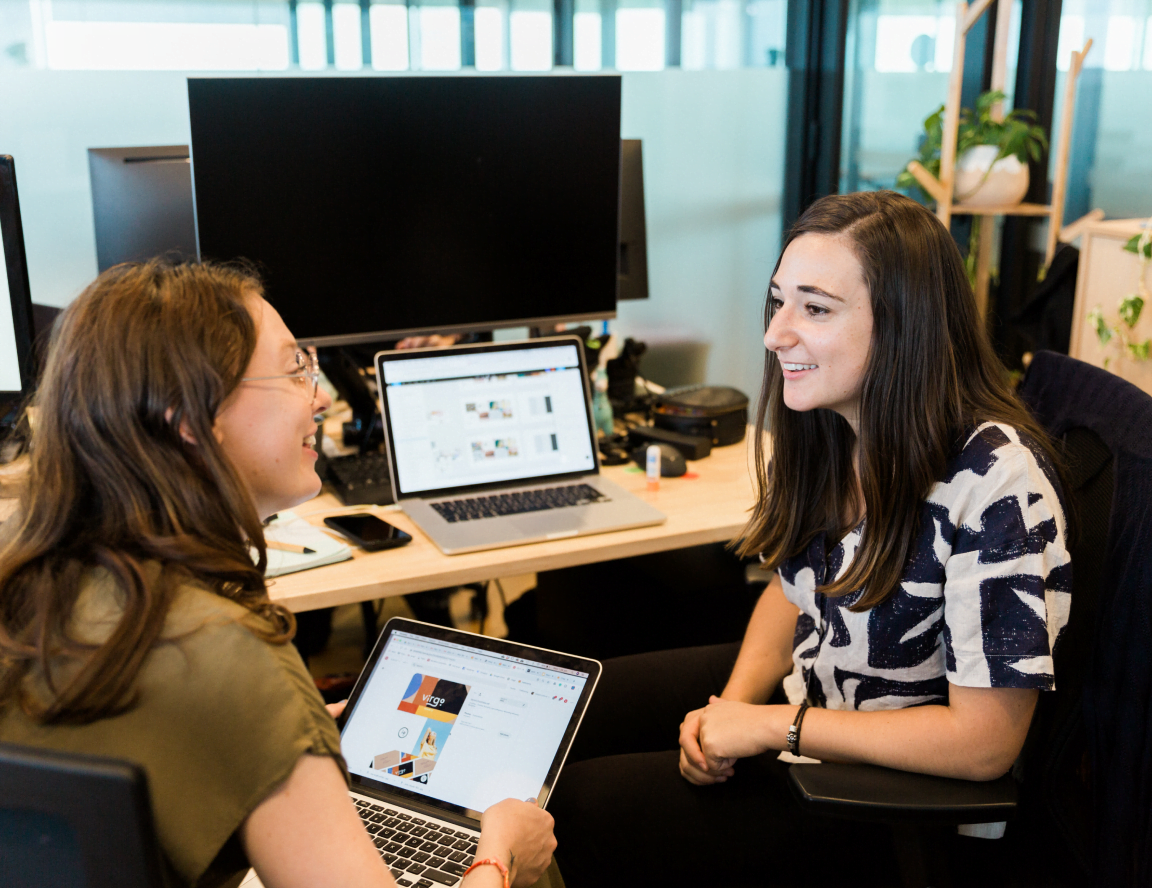Undesign is the latest news, thinking and conversation for impatient optimists.

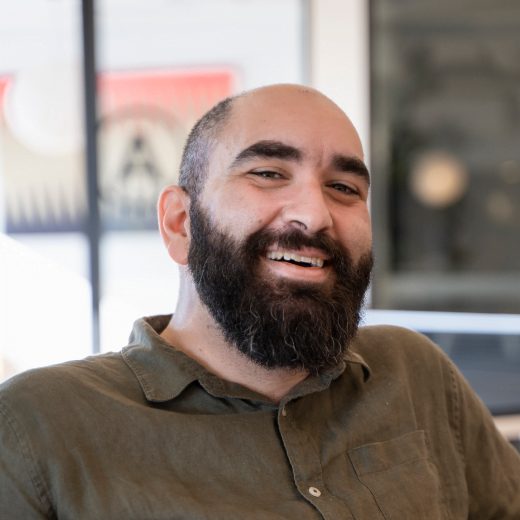
Our Head of Community Practice, Kosta Lucas, is an independent researcher and practitioner in preventing and countering violent extremism, with considerable experience in policy, research and grassroots program development roles. He regularly consults organisations such as Google Australia and the Commonwealth Government in resolving community conflict.
Season 2

Is technology friend or foe in addressing the increasingly polarized world of today?
In Season 2, we explore opportunities facing humanity across areas such as online dating, gaming and violence prevention, and cancel culture.


Influencer, Flex Factory
How can Indigenous wisdom guide how we live and work? Darcia Narvaez & Four Arrows from Professors
 Available Now (Aired July 26, 2022)
Available Now (Aired July 26, 2022)
With world leaders responding to climate emergencies, and unprecedented threats such as the pandemic and global conflict, we seem to be running headlong into a future where our learnings from the past are both too slow and too small. Have we been too attentive and attached to the wrong things, are we suffering from problems of our own unenlightened making?
We speak with Four Arrows and Darcia Narvaez, who introduce us to the limitations of the dominant worldview which has propelled a world concerned with commerce and progress, often at the expense of principles closely linked to our ability to thrive and survive as human beings. They offer us an insight into how Indigenous world views can be incorporated into our ability to adjust to the challenges we face as diverse people, trying to survive and ultimately thrive in a world which demands more reflection and adaptation than ever.

What does the future of morality look like? Tim Dean from The Ethics Centre
 Available Now (Aired July 12, 2022)
Available Now (Aired July 12, 2022)
In a world of rapidly evolving expectations on citizens due to COVID, environmental pressures, and the very public role playing of morality and ethics on social media, people face a dizzying space in which to set and attune their own moral compass.
Unpicking this challenge, Dr Tim Dean, Senior Philosopher at The Ethics Centre, discusses how morality and ethics came to exist for humans and what roles they play in our modern lives today. The contagious nature of outrage on social media is uncovered, providing solutions for understanding the addictively engaging nature of cancel culture and the limitations of social media in converting outrage into positive action.
Dr Tim Dean is a philosopher and an expert in the evolution of morality, specialising in ethics, critical thinking, the philosophy of science and education. He is also the author of How We Became Human and Why We Need to Change.

How do we design social media platforms that are safer for marginalized youth? Ben Hanckel & Shiva Chandra from Western Sydney University
 Available Now (Aired July 5, 2022)
Available Now (Aired July 5, 2022)
In 2022, as public institutions continue to grapple with implementing more inclusive structures to curb historical marginalization of people, experts such as Dr Benjamin Hanckel and Dr Shiva Chandra are exploring ways to make social media platforms safer for marginalized youth – both of whom are researchers from the Institute for Culture and Society at Western Sydney University.
In this wide ranging discussion, we examine the complexity of community, what risks are inherent in some social media interactions, and how platforms can foster diversity and feelings of safety for marginalized young people.

Are “intentional communities” the safest way for communities to exist online? Lillian Ahenkan AKA “FlexMami” from Flex Factory
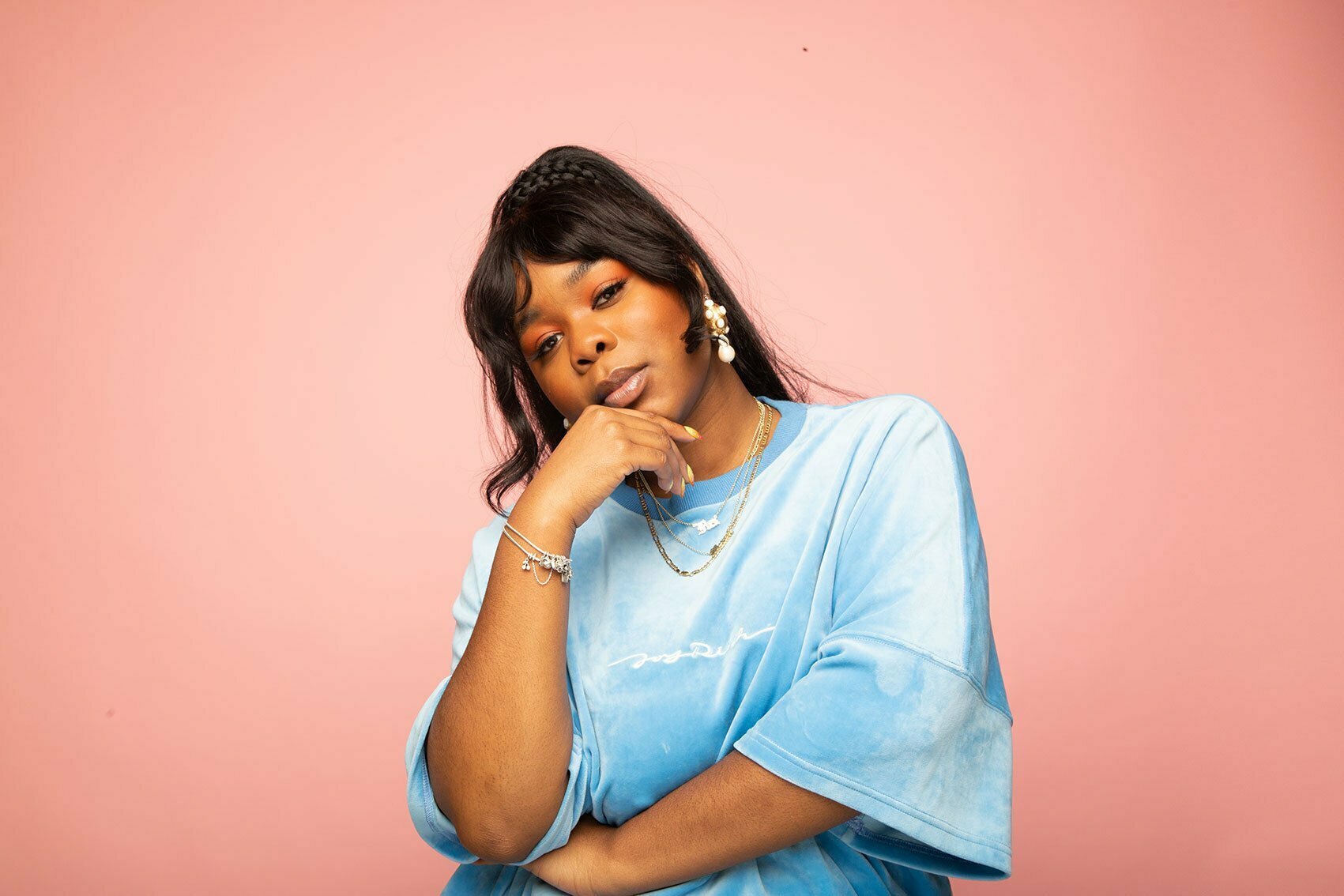 Available Now (Aired June 28, 2022)
Available Now (Aired June 28, 2022)
The expectations and variety of roles that social media influencers play have increased exponentially, mirrored by increasing scrutiny and policing of how their behaviour plays out amongst their communities and followers. The shifting expectations of followers on influencers has prompted a reappraisal of the status quo by those such as Lillian Ahenkan, also known as FlexMami. FlexMami is a DJ, TV presenter on MTV, model, and multidisciplinary millennial making waves in the Australian entertainment industry.
We speak with her about how she grew into becoming a social media influencer, as well as about her drive to shift the goalposts through the creation of follower funded curated communities. We unpick how the popularity and abundance of social media content has led to this situation and how some influencers are evolving by leaving existing social media platforms in pursuit of more flexible and transparent approaches.

How do we harness the power of video games for good? Galen Lamphere-Englund from Love Frankie
 Available Now (Aired June 21, 2022)
Available Now (Aired June 21, 2022)
The world of gaming has long been highlighted as a hotbed of cultivation of extremist actors and activities, but more recently it’s also started to be recognised as a platform where early intervention of extremism and encouragement of democracy and tolerance can be fostered.
Alongside Galen Lamphere-Englund, Senior Advisor, Preventing Violent Extremism and Conflict at Love Frankie, we examine the complexities of gaming, uncovering the distinction between figures of influence, the role of violence, and how powerful gaming narratives can be harnessed as a force for positive change.

COVID-19 and the enforcement of safety: Do mandates work? Katie Attwell from The University of Western Australia
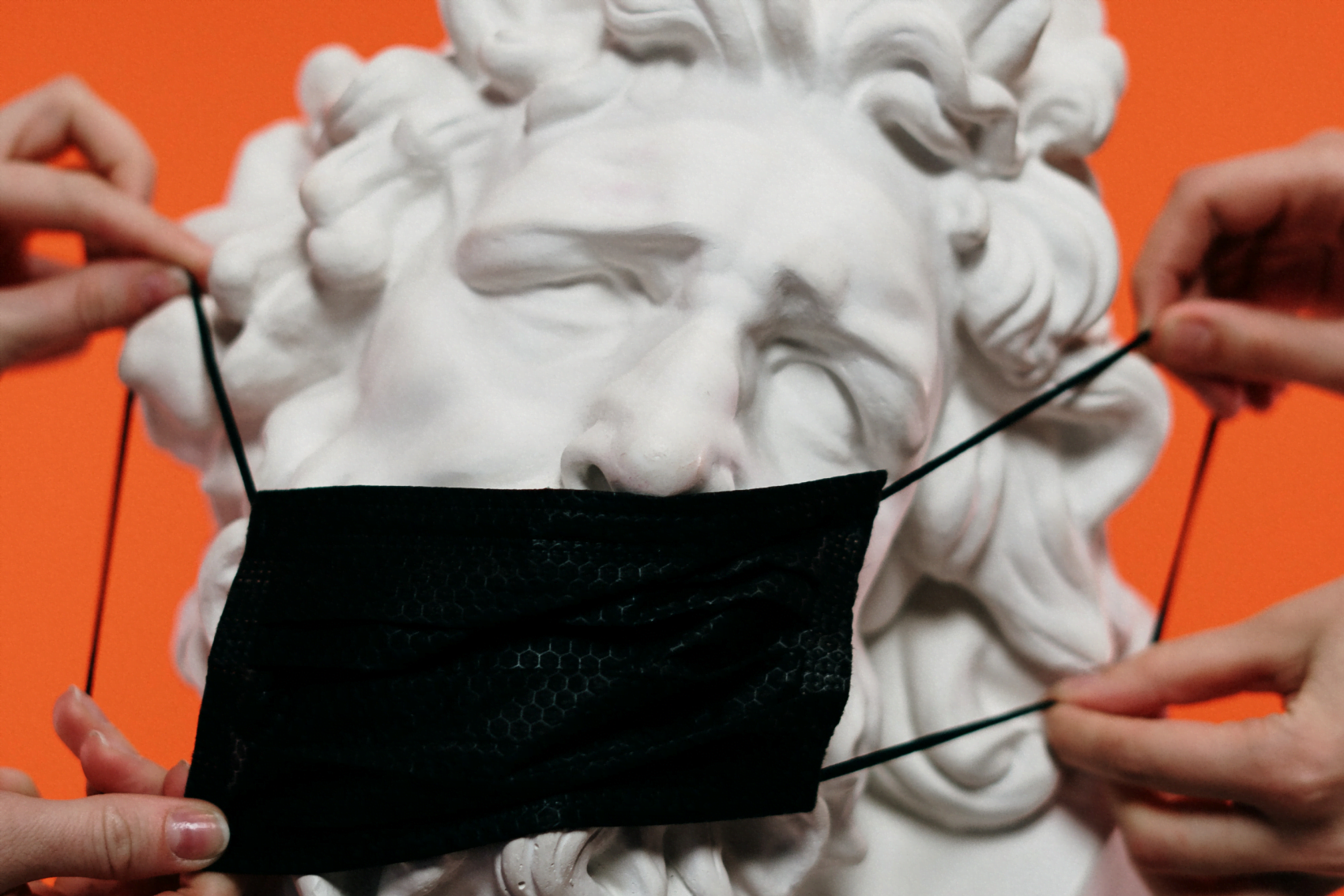 Available Now (Aired June 14, 2022)
Available Now (Aired June 14, 2022)
‘Vax’ was the Oxford word of the year in 2021, with ‘Strollout’ being the word of the year in Australia according to the Macquarie Dictionary. The beginning of 2022 then became all about mandates, vaccine mandates being the main flashpoint of public contention. But do any of us actually really know what the term “mandate’ really means? We’ve seen the terms “mask mandate”, “vaccine mandate” and even policy mandate, applied to different COVID responses and settings. But what is a mandate really designed to do, how has it been implemented and is it actually effective as a lever of social policy implementation?

How has technology influenced the way we date? (Part 2) Lucille McCart from Bumble
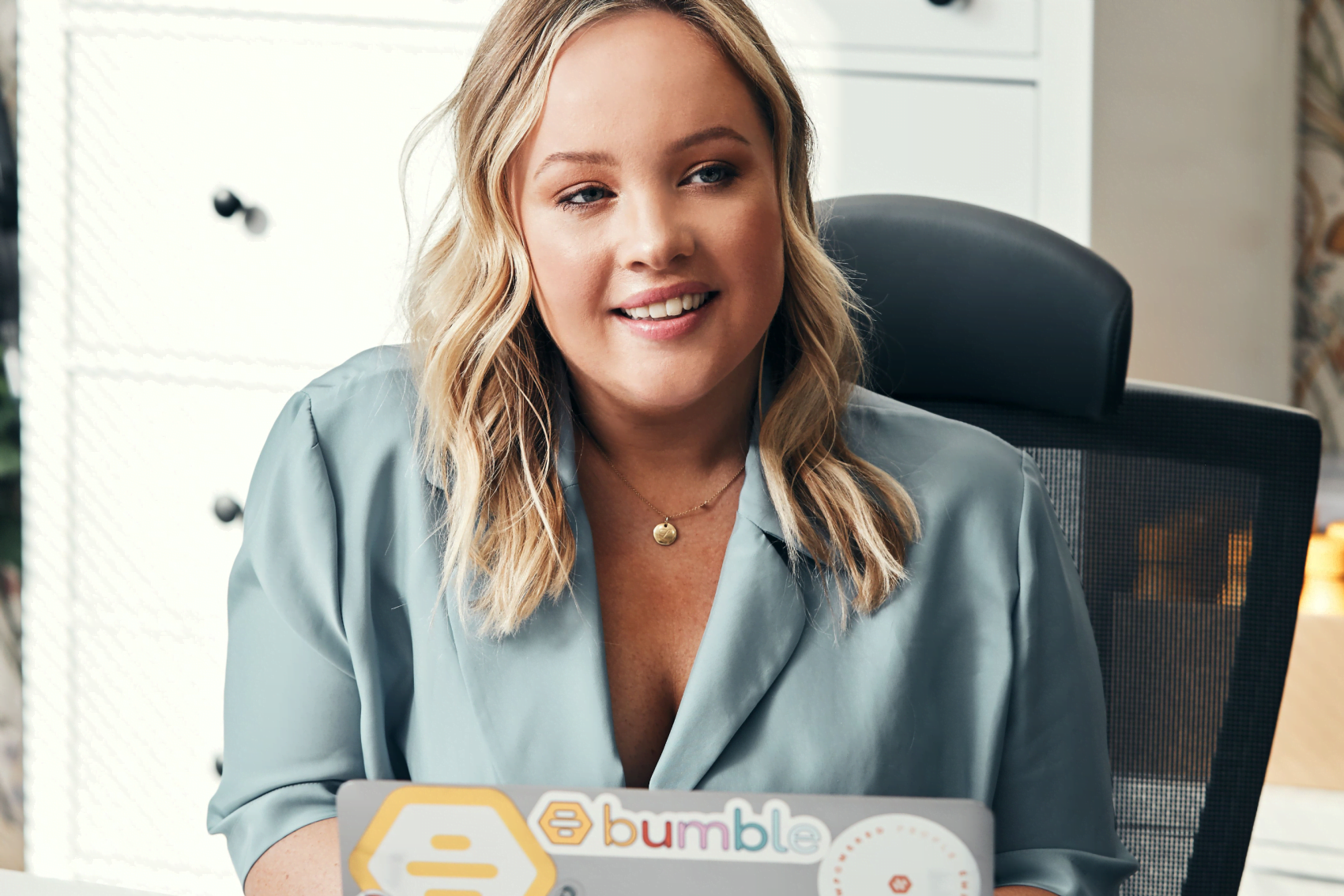 Available Now (Aired June 7, 2022)
Available Now (Aired June 7, 2022)
How does the person who admits to hating the concept of marriage proposals see the future of online dating? In this episode, we speak to Lucille McCart, APAC Communications Director of Bumble, who candidly speaks with us about how and why online dating has grown and evolved on apps such as Bumble since the first COVID lockdowns began. She steps us through her take on how technology and dating apps are being used and adapted in places such as India and Indonesia, and incorporated into the existing marriage and relationship traditions, as well as why despite its ease of access and success, it continues to be stigmatized.

How can we harness the power of data in the quest for gender justice? Anisha Asundi from Harvard Kennedy School
 Available Now (Aired May 31, 2022)
Available Now (Aired May 31, 2022)
What does the Boston Symphony Orchestra installing curtains for auditions back in 1952 have to do with gender justice in 2022? And why could the rigour of data capture and analysis hold the key to undoing unconscious bias in the community, and specifically in the workplace? Anisha Asundi, Research Fellow at the Harvard Kennedy School, talks to us about how she has been working on how gender gaps in the technology sector can be addressed to increase diversity, equity and inclusion. She speaks on why diversity training has limited effectiveness, and how gender equity, equality and justice all differ as goals of a more inclusive workplace and society.

How has technology influenced the way we date? (Part 1) Lauren Rosewarne from University of Melbourne
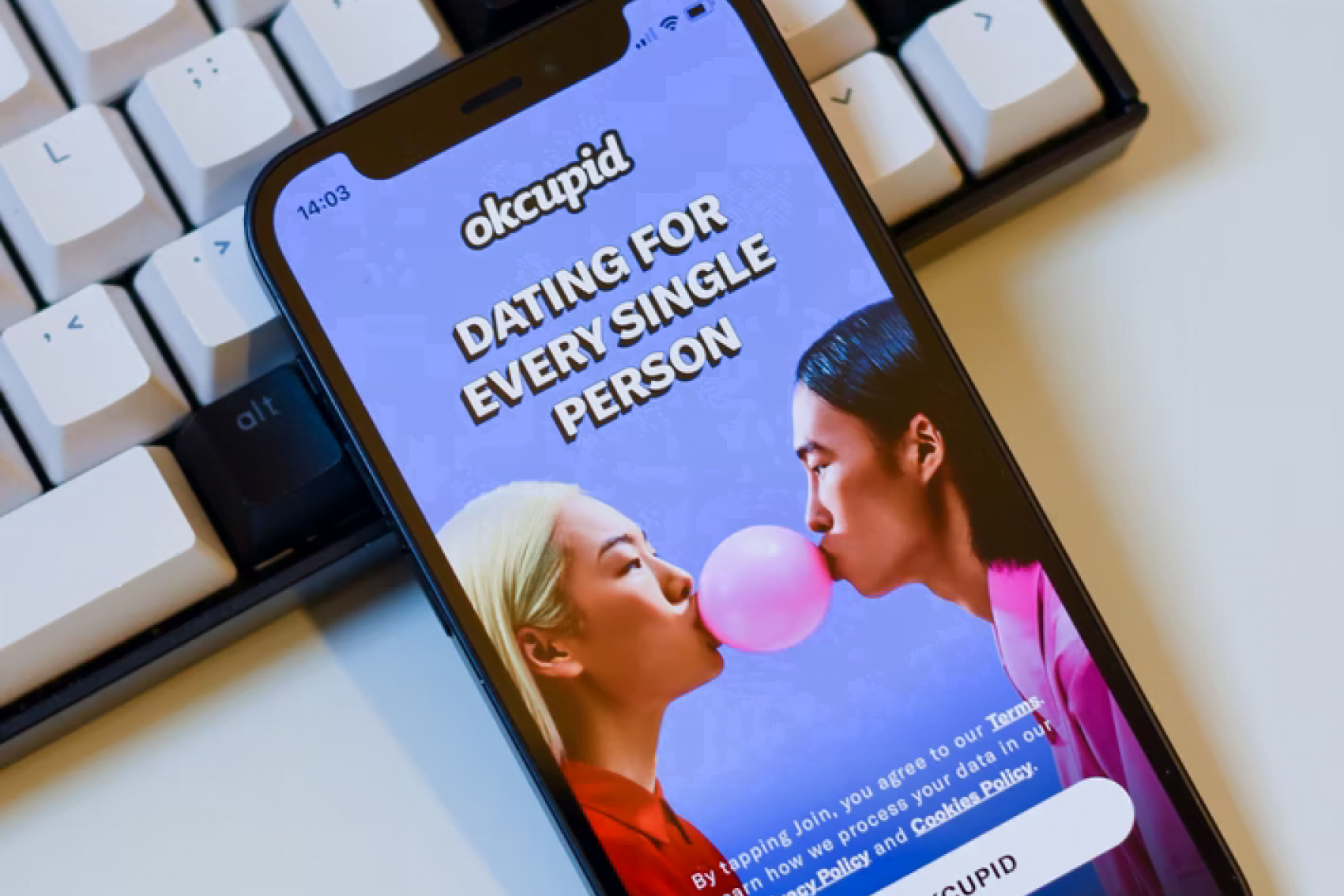 Available Now (Aired May 24, 2022)
Available Now (Aired May 24, 2022)
If you’ve seen shows such as the Tinder Swindler, Inventing Anna or The One, it would be easy to believe that technology enabled romance is rife with danger and subterfuge. Yet despite popular culture’s fixation with the risks of online dating, it has been the bread and butter of current personal relationships for years. So why is it still often hidden, demonized or stigmatized? In this episode speaking with Dr Lauren Rosewarne from the University of Melbourne, we unpick why online dating is unprecedentedly popular, yet is often still seen as an inferior or dubious way to find love, partnership and sex.

Season 1
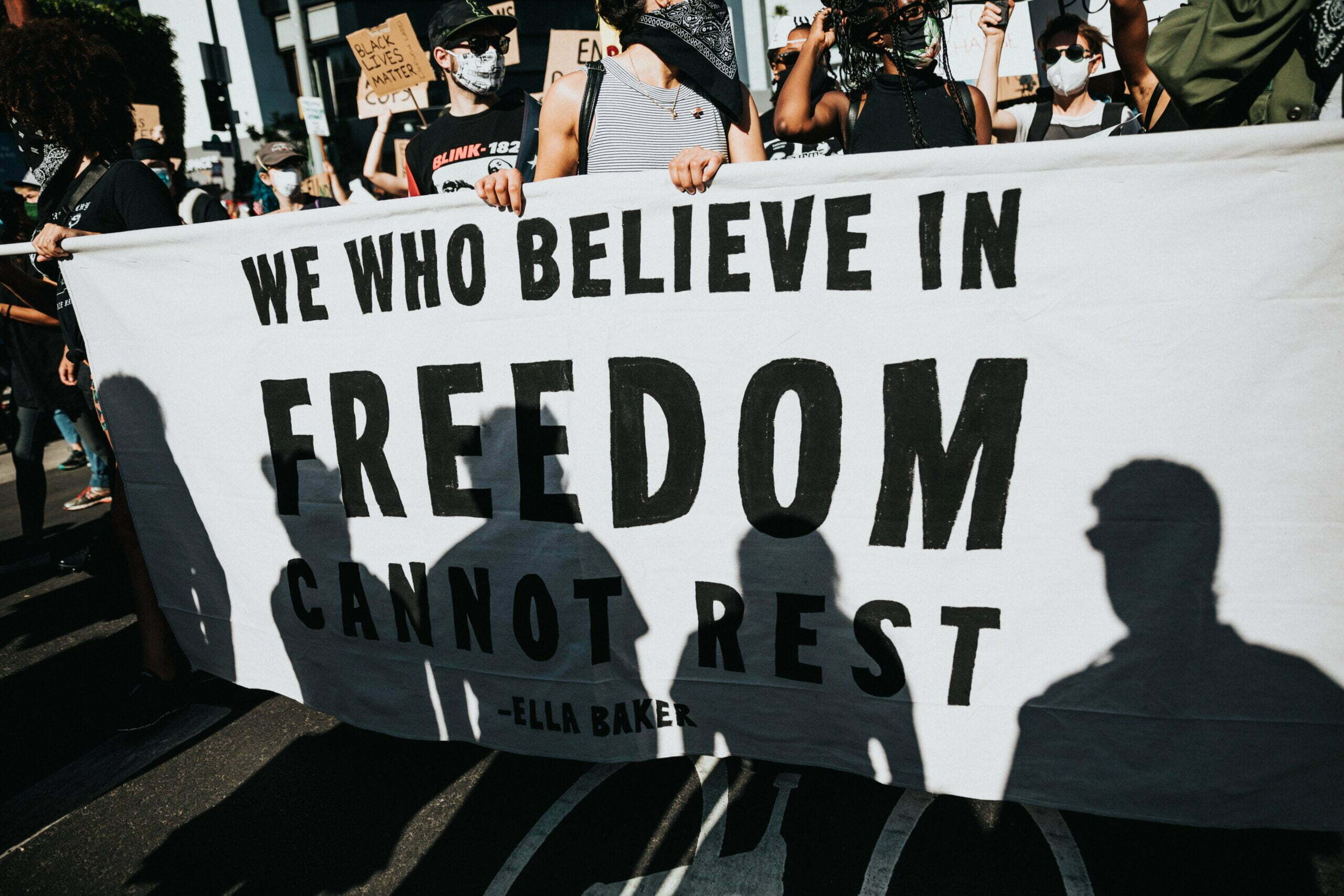
How can we untangle today’s challenges using technology as a starting point?
In Season 1, we speak directly and frankly about the role technology can play in addressing systemic racism, climate change and more.

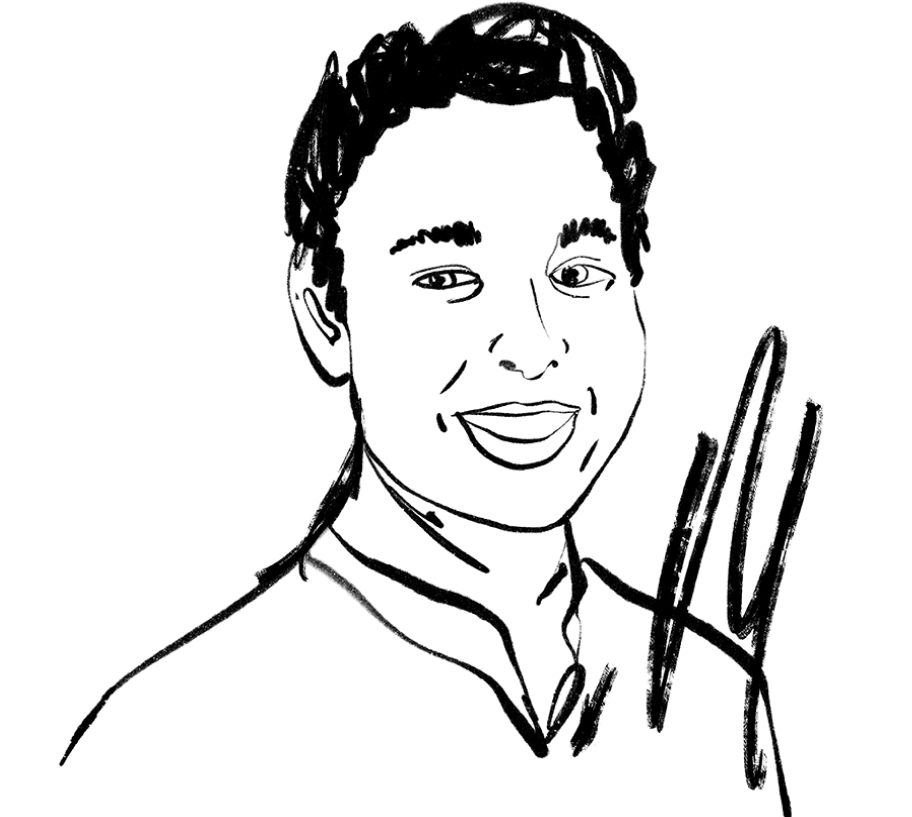
Product Manager, Next Billion Users, Google
How do you create a social change podcast? Angel Chen & Jeffrey Effendi from DrawHistory
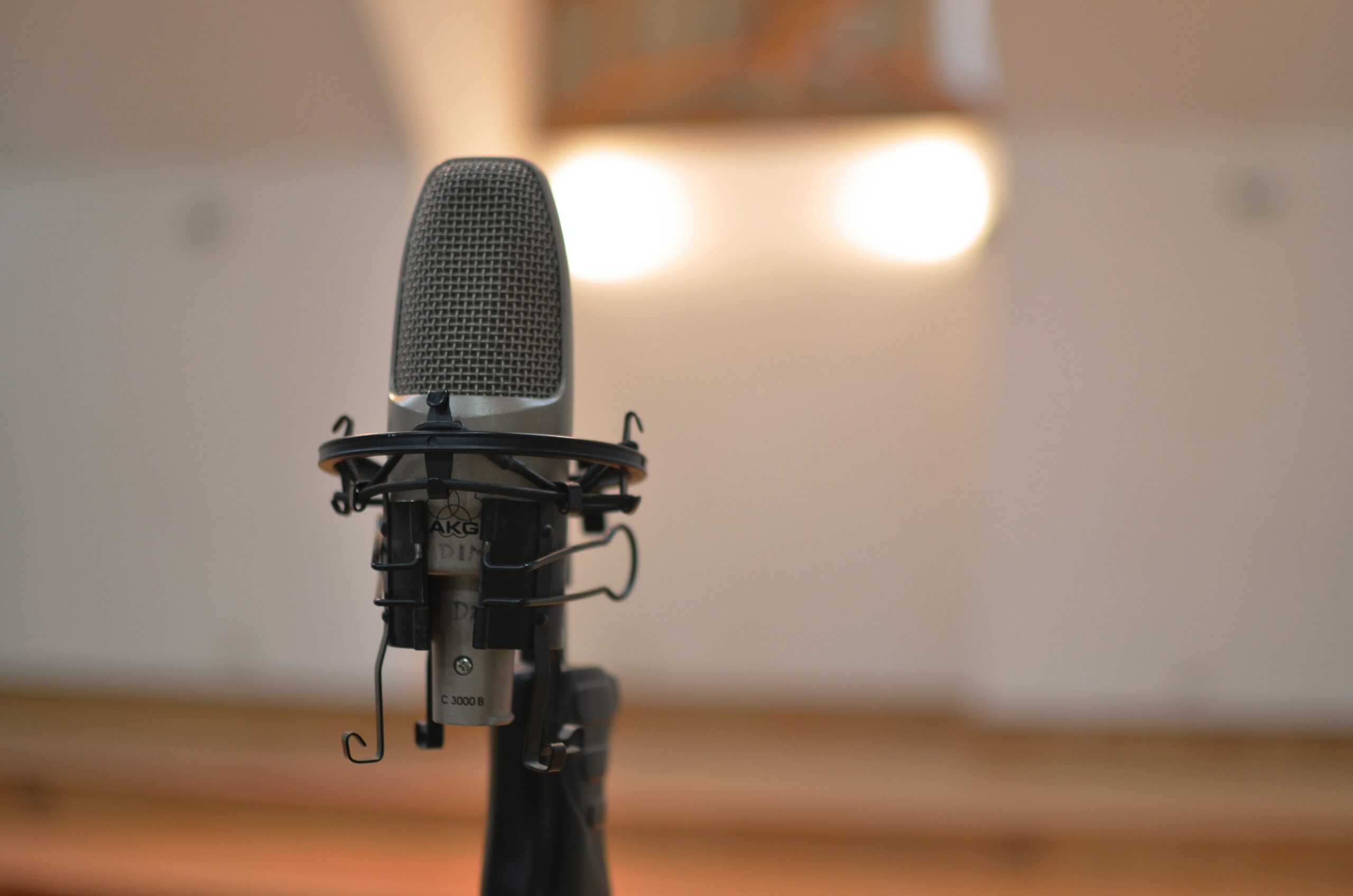 Available Now (Aired May 9, 2022)
Available Now (Aired May 9, 2022)
On this episode of Undesign, we look back on our inaugural first season with host Kosta Lucas and DrawHistory founders Angel Chen and Jeffrey Effendi to share podcast learnings and insights from behind the scenes, as well as opportunities and pitfalls for aspiring podcasters seeking to make change in the world around them.

How can technology be inclusive for everyone, everywhere? Garen Checkley from Next Billion Users, Google
 Available Now (Aired July 20, 2021)
Available Now (Aired July 20, 2021)
Joining Undesign on this special surprise episode to discuss inclusive technology is Garen Checkley, Product Manager at Google’s Next Billion Users initiative. Garen shares plenty of insightful stories on Google’s mission to make technology helpful for everyone, everywhere, from their new research on building voice-first products, to an important report on gender equity online. This surprise episode was released to celebrate DrawHistory’s sixth birthday, and the enduring role that technology design can play in creating societal change.

How do we move beyond the ‘black tile’ in the fight for racial justice? Fadzi Whande from United Nations High Commissioner for Human Rights
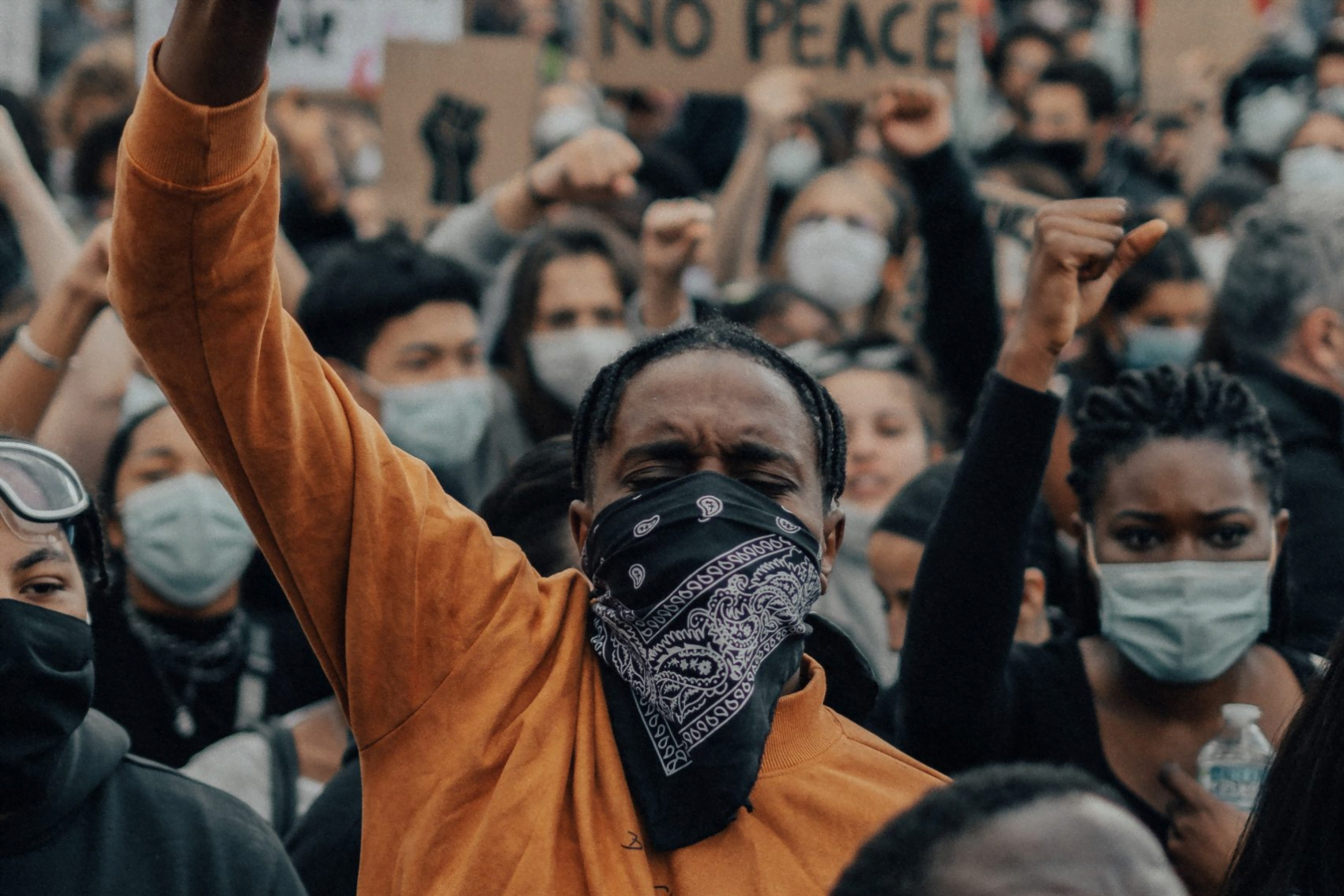 Available Now (Aired July 20, 2021)
Available Now (Aired July 20, 2021)
It’s been almost a year since our social media feeds were filled with “black tiles” in response to the death of George Floyd as a result of racially-motivated violence. What did that activism all mean, and what steps can we take to ensure that we don’t just talk about the importance of protesting injustice on the internet, but in the everyday? Joining us on Undesign’s Season 1 finale is our guest, Fadzi Whande. Fadzi is currently the Senior Programme Officer (Diversity and Inclusion Adviser) at the Office of the United Nations High Commissioner for Human Rights (OHCHR).

What can genuine Indigenous empowerment look like? Luke Pearson from IndigenousX
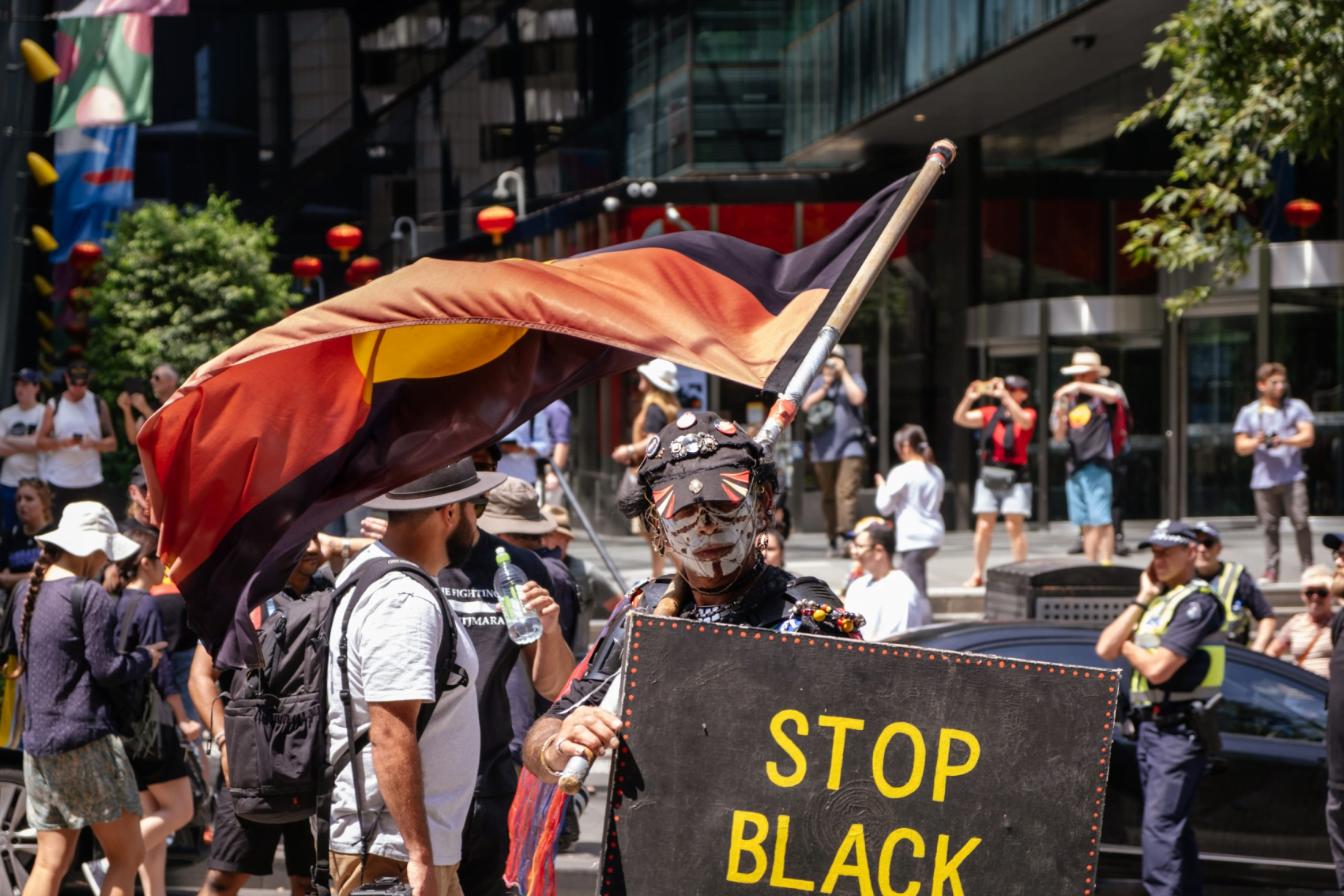 Available Now (Aired July 13, 2021)
Available Now (Aired July 13, 2021)
When it comes to traditional approaches to empowerment initiatives, particularly of any marginalised and minority groups, we often hear about the importance of “everyone having a seat at the table.” But do we ever really think about what that means?
Talking to us on this episode of Undesign is our guest, Luke Pearson. Luke is a Gamilaraay man who founded IndigenousX, a digital “pass the mic” platform for upcoming Indigenous writers, creatives and thought leaders to take back control over their stories and their voices.

How do we use social media to influence good? Nadir Nahdi from BENI and YouTube Creators for Change Ambassador
 Available Now (Aired July 6, 2021)
Available Now (Aired July 6, 2021)
There are many examples of content creators and influencers who say they want to use their platform for good… but what that good actually is, is not always clear.
On this episode of Undesign, we take a slightly different tack. Joining us for a firsthand account of using social media for social good is Nadir Nahdi. Nadir is the founder of BENI, a multi-platform space for a truly multicultural, pluralist, digital community to emerge, as well as a YouTube Creators for Change Ambassador. This episode is a personal, introspective chat where hard truths emerge.

Can digital activism create enduring change? Emmy Suzuki Harris from Change.org
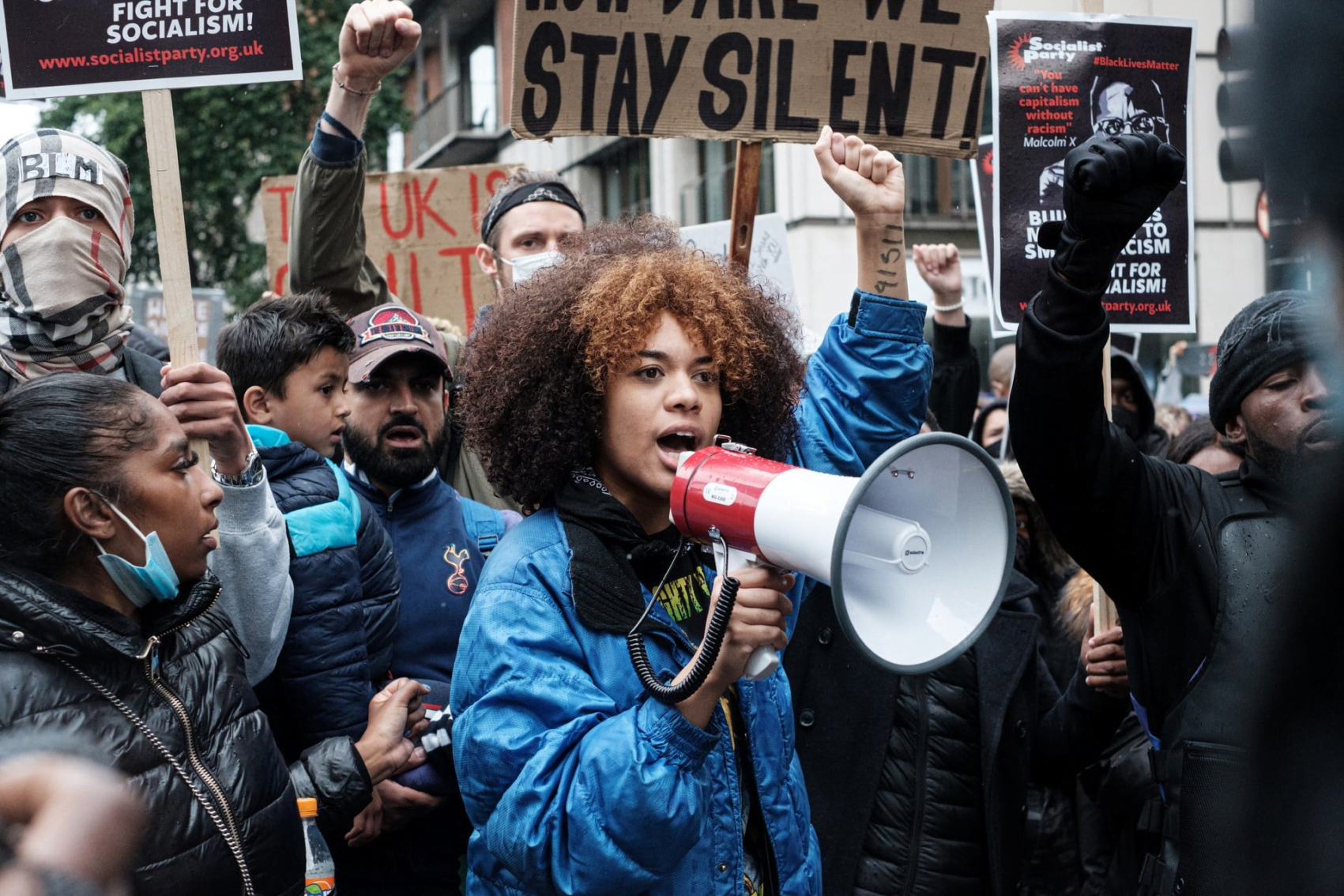 Available Now (Aired June 29, 2021)
Available Now (Aired June 29, 2021)
At this point it’s almost become a cliche to comment on the effect that Covid-19 has had on many aspects of our lives, from travel to mental health. But one area with an increase in user activity that is worth talking about is digital activism.
On this episode of Undesign, we are joined by Emmy Suzuki Harris. Emmy is the Asia Regional Director for the Change.org Foundation, the philanthropic initiative of Change.org. We dive into some of the questions that she and her team spend everyday trying to better understand, from what makes a campaign successful to assessing the effectiveness of petitions.

Is nationalism distorting our sense of identity? Farida Fozdar from The University of Western Australia
 Available Now (Aired June 22, 2021)
Available Now (Aired June 22, 2021)
On this episode of Undesign, we dive deeper into nationalism and its impacts on our identity with Dr Farida Fozdar. Farida is a distinguished sociologist with The University of Western Australia who has published over a hundred journal articles, chapters, books and reports on these fundamental questions of how diverse communities (and people) form relationships with one another.

Is sustainable tourism a zero-sum game? Edmund Morris from Equator Analytics
 Available Now (Aired June 15, 2021)
Available Now (Aired June 15, 2021)
Is it actually possible to make travel and tourism more economically, environmentally and culturally sustainable at the same time?
On this episode of Undesign, we unpack travel and tourism with Edmund Morris. Edmund is a well-travelled and experienced international economic development professional, currently Founder at Equator Analytics and formerly an economist with USAID.

Why is participating in free knowledge important? Zack McCune from Wikimedia Foundation
 Available Now (Aired June 8, 2021)
Available Now (Aired June 8, 2021)
How do we increase people’s ability to make knowledge as free as possible to use, reuse and share without legal restriction? And why does this matter so much?
On this episode of Undesign, we discuss free knowledge and open-source culture with Zack McCune — diving deep in everything that entails, from edit wars to the legacy of former President Trump. Zack is the Director of Brand for Wikipedia and various projects of the Wikimedia Foundation, arguably the most well-known, global mobilization of the free knowledge movement.

How does counterspeech prevent online extremism? Erin Saltman from Global Internet Forum for Counter Terrorism
 Available Now (Aired May 31, 2021)
Available Now (Aired May 31, 2021)
How do we prevent terrorists from exploiting online social media platforms?
On this episode of Undesign, we discuss online extremism and counterspeech with Erin Saltman. Erin is an experienced researcher and practitioner who is the current Director of Programming for the Global Internet Forum to Counter Terrorism (GIFCT). She was also formerly Facebook’s Head of Counterterrorism and Dangerous Organizations Policy for Europe, Middle East and Africa.

Ready to connect with our team?
